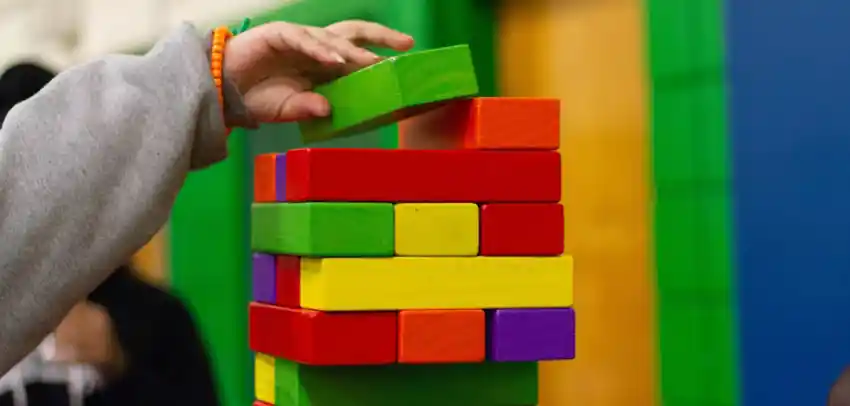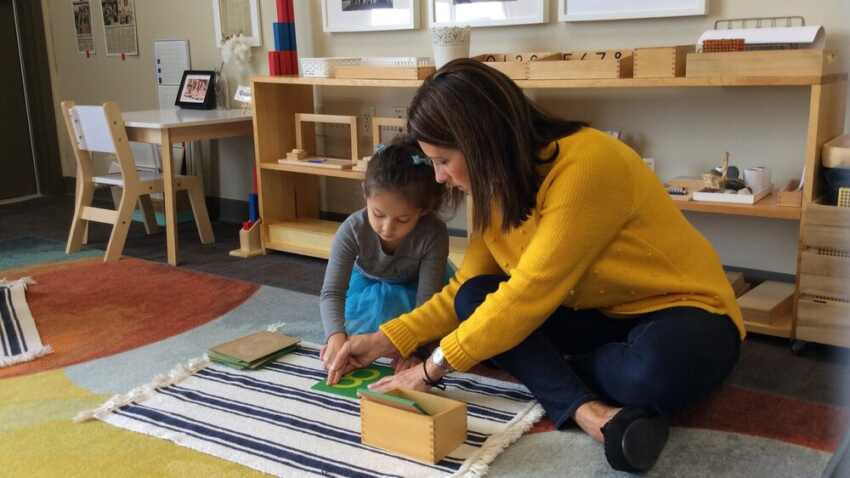Nursery school is a crucial phase in a child’s development, as it sets the foundation for their future learning. Choosing the right teaching approach for your child can play a significant role in their academic and personal growth. In this article, we will explore various teaching approaches in nursery schools and help you determine which one is best suited for your child’s individual needs.
Montessori Approach
The Montessori teaching approach is based on the philosophy of allowing children to explore and learn at their own pace. In Montessori nurseries, children have access to a variety of educational materials that are specifically designed to promote independent learning. Teachers act as guides, providing gentle encouragement and support when necessary. This approach encourages creativity and problem-solving skills, allowing children to develop a sense of autonomy and self-discipline from an early age.
Play-Based Approach
Play-based teaching approach is characterized by its emphasis on the power of play in a child’s learning process. Nursery schools that adopt this approach believe that children learn best through hands-on experiences and active engagement. They provide a range of play materials and activities that promote imagination, social interaction, and cognitive development. Play-based learning allows children to develop essential skills such as problem-solving, communication, and cooperation, while also fostering their emotional and social well-being.
Reggio Emilia Approach
The Reggio Emilia approach originated in Italy and focuses on promoting a child’s natural curiosity and love for learning. This approach encourages teachers to design a curriculum based on the child’s interests and passions. Nursery schools adopting this approach often use project-based learning, where children engage in long-term investigations on topics they find intriguing. The Reggio Emilia approach also emphasizes the importance of collaboration and communication, as children work together and express their thoughts and ideas.
Waldorf Approach
The Waldorf teaching approach believes in providing a holistic education that nurtures a child’s intellectual, emotional, and physical development. In Waldorf nurseries, there is a strong focus on artistic and imaginative activities, such as storytelling, painting, and music. This approach believes that cultivating creativity and imagination at an early age can lay the foundation for future academic success. Waldorf educators also prioritize nature-based experiences, recognizing the importance of connecting with the natural world.
When choosing a nursery school for your child, it’s essential to consider the teaching approach that aligns with their individual needs and learning style. The Montessori, play-based, Reggio Emilia, and Waldorf approaches offer unique educational philosophies and methodologies. It’s crucial to visit different nursery schools, speak with teachers, and observe the learning environment to determine which approach resonates with you and your child. Remember, every child is unique, and finding the right teaching approach can profoundly impact their educational journey.
In conclusion, exploring various teaching approaches in nursery schools is essential for finding the right fit for your child’s early education. Each approach has its own unique strengths and philosophies, from independent learning in Montessori to play-based learning, project-based learning in Reggio Emilia, and holistic development in Waldorf. By understanding these approaches and observing different nursery schools, parents can make an informed decision that will nurture their child’s potential and love for learning.
Nidhin
For More Details Call: +917510220582





